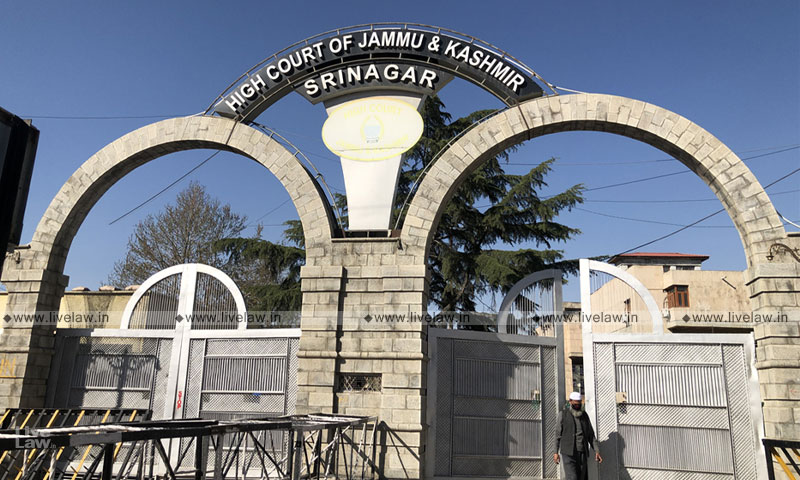Srinagar, July 5 (JKNS): The High Court of Jammu and Kashmir has refused to quash an FIR against officials of the ARTO office Anantnag, accused of issuing fake driving licenses, registration and fitness certificates in league with touts, causing loss to public trust and exchequer.
Details Available with news agency JKNS stated that Justice Sanjay Dhar dismissed the plea filed by petitioners, including the then ARTO officials, challenging FIR No. 04/2021 registered under the Prevention of Corruption Act at Police Station Anti-Corruption Bureau (ACB), South Kashmir.
The FIR was lodged following a Joint Surprise Check (JSC) by the ACB, which revealed that several touts were operating within the ARTO Anantnag premises and influencing the official process in connivance with the Board members.
The court, citing the preliminary enquiry, said that most driving license forms bore codes such as “A.F.” and “A.K.”, linked to touts. The use of such abbreviations allegedly helped officials identify applicants forwarded by touts for smooth processing in exchange for bribes.
“It appears that a well-knit nexus existed between certain officials and private touts, who acted as middlemen,” the court noted.
The JSC also led to the seizure of a large volume of documents, including blank registration certificates, fitness books, e-receipts, forms, and even bank records of the accused and their families. WhatsApp chats and call detail records confirmed frequent communication between the touts and public officials especially during driving test days.
The petitioners argued that the FIR was illegal as prior approval under Section 17A of the Prevention of Corruption Act was not obtained before initiating the investigation. However, the court held that while part of the enquiry took place earlier, sanction was duly obtained from the General Administration Department on November 11, 2022, after the accused were identified.
“The case was at a preliminary enquiry stage before sanction, and once the identity of public servants came to light, appropriate permission was sought. This does not vitiate the investigation,” the court observed.
Justice Dhar also held that reinvestigation into the matter was valid, even if a previous Investigating Officer had found no substance earlier.
“Investigating agencies are empowered under Section 173(8) CrPC to differ from previous findings and undertake fresh investigations before filing a final report,” the court ruled.
Dismissing the petition, the High Court vacated its interim stay and allowed the investigation to proceed. It returned the case diary to the Anti-Corruption Bureau for further action.
“The petition is found to be without merit and is accordingly dismissed,” the court said. (JKNS)


